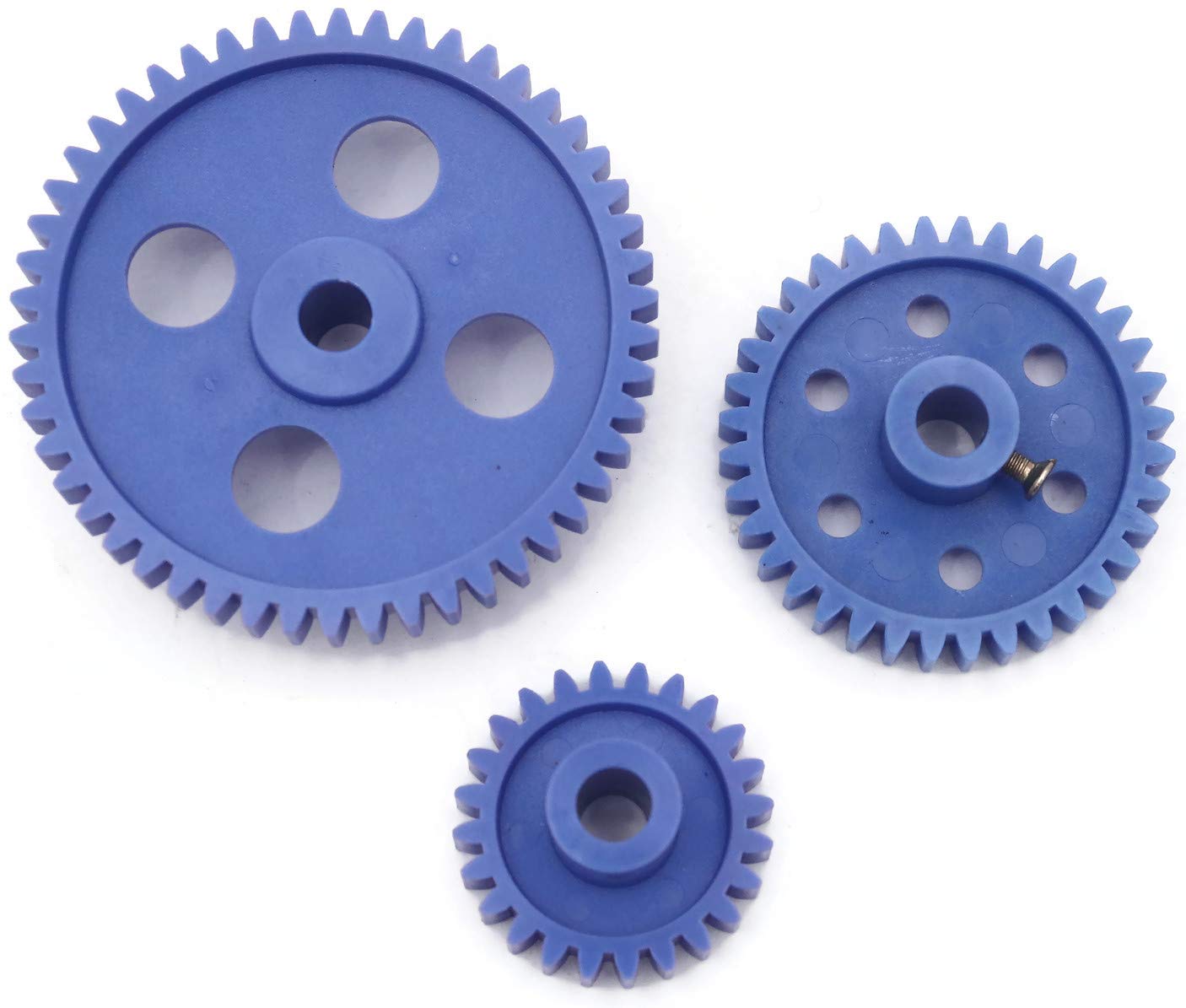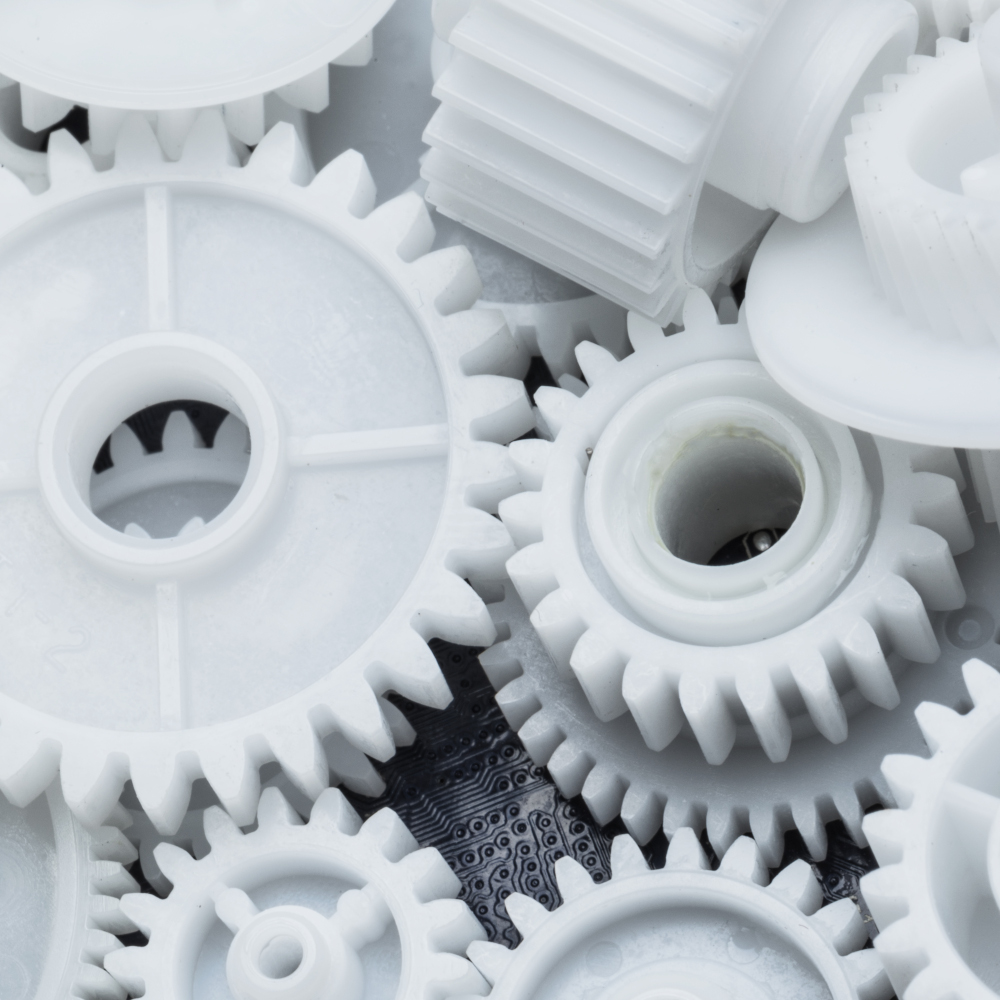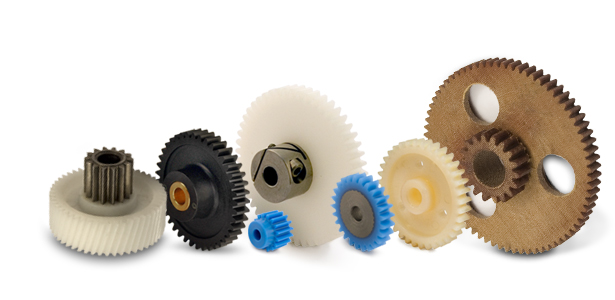Product Description
OEM Nylon Plastic Injection Molding Worm/Transmission Gear
|
Mold Material |
Aluminum,45#, P20, H13, 718, 1.2344, 1.2738 and so on |
|
Plastic Material |
PC/ABS, ABS, PC, PVC, PA66, POM or other you want |
|
silicon rubber Material |
NR, NBR, SBR, EPDM, IIR, CR, SILICONE, VITON,etc |
|
Plastic Surface finish |
Polishing finish,Texture Finish,Glossy Finish,Painting,Slik print,Rubber Painting etc |
|
Drawing format |
IGES, STEP, AutoCAD, Solidworks, STL, PTC Creo, DWG, PDF, etc.. |
|
The Way of Color Contrast for Plastic |
RAL PANTONE |
|
Certificated |
ISO 9001:2015 Certificated, SGS Certificated |
|
Service Project |
To provide production design, production and technical service, mould development and processing, product assembly and packaging,etc |
Our Services
1.Product Design,Structural Optimization,Process Optimization
2.Mold Making,Plastic Molding Parts,Casting Parts,Machining Part
3.Manage Project,Control The Delivery and Quality of Products
4.Arranging the Transportation,Customs Clearance and other Matters for You.
Advantages:
1. Competitive price.
2. Strict quality control system.
3. Quick mold making and delivery.
4. Advanced equipment, excellent R&D teams.
5. Professional technicians and rich experienced workers.
We can offer the full range of service from mold designing, making, plastic part molding to printing, assembly, package, and shipping arrangement.
In the service of plastic injection, we are more than just an injection molder.
We provide solutions to manufacturing from start to finish.
Our expertise enables us to provide clients with superior product by providing the
highest quality in design, development, and solutions for precision injection molding and related manufacturing.
We have over 10 years production experience.
Custom Plastic Injection Molding Services
Precision Plastic Injection Molding Services
We offers comprehensive custom plastic injection molding services to a wide range of industries. From low volume work to high volume production runs, we have the expertise and facilities to meet our customers’ contract manufacturing needs. We offer 2 shot, sandwich and insert injection molding as well as micro and gas assist molding. We have both 10K and 100K clean room manufacturing facilities for those customers in the medical, pharmaceutical, food, beverage and electronics industries. Our comprehensive plastic injection molding abilities include machines with clamping forces from 18 to 3,000 tons, allowing us to produce nearly any plastic part including micro parts, thin-walled parts, and large components that require multiple shots.
Quality First,Price Best,Service Foremost!
We assure you of our best services at all times!
Q1. What’s your main business?
A1: We are mainly making plastic injection moulding parts.
Q2. Are you a trading company or manufacturer?
A2: We are a manufacturer with foreign trade experience.
Q3. What types of files(drawings) do you accept?
A3: With our cad systems we can take the following files in:.STP / .IGS / .DXF / .DWG / .PPT / .STL /
.X_T / .CATIA / UG files, etc..
Q4. Can you Provide OEM?
A4: Yes,we can provide OEM service.
Q5. If make the molds for us,will you disclose our files?
A5: All the files are confidential, we can CZPT the NDA first when required.
Q6. Do you provide design service? I have an idea for a new products,but I don’t know whether it can be realized.
Can you help?
A6: Definitely ok. Our R&D department will help you design the idea to be realized with extensive technical
supports.
Q7. Do you have after-sales service?
A7: Yes,we will provide technical supports with 7×24 hours.
Q8. If I decide to go ahead with my project, how long will it take to get the trial samples?
A8: 3-6 weeks depends on the part construction.
Q9. How about your facilities?
A9: 8 sets sodick EDM, 9 mirror EDM, 8 high speed cnc.
You can look through our website to find your interest or email your any questions through
below approach! We will reply to you within 12 hours.
|
Shipping Cost:
Estimated freight per unit. |
To be negotiated |
|---|
| Material: | ABS |
|---|---|
| Application: | Medical, Household, Electronics, Automotive, Agricultural |
| Certification: | TS16949, RoHS, ISO |
| Samples: |
US$ 5/Piece
1 Piece(Min.Order) | Order Sample plastic part
|
|---|
| Customization: |
Available
| Customized Request |
|---|

How do plastic gears differ from metal gears in terms of performance?
Plastic gears and metal gears exhibit differences in performance characteristics. Here’s a detailed explanation of how plastic gears differ from metal gears:
Strength and Durability:
- Metal gears are generally stronger and more durable compared to plastic gears. They can withstand higher torque, heavy loads, and harsh operating conditions. Metal gears are commonly used in applications that require high strength and durability, such as heavy machinery, automotive transmissions, and industrial equipment.
- Plastic gears have lower strength and may not be suitable for applications with high torque or heavy loads. However, advancements in plastic materials and manufacturing techniques have resulted in the development of high-performance plastics that offer improved strength and durability, allowing plastic gears to be used in a wider range of applications.
Weight:
- Plastic gears are significantly lighter in weight compared to metal gears. This lightweight characteristic is advantageous in applications where weight reduction is important, as it can contribute to energy efficiency, lower inertia, and reduced wear on supporting components.
- Metal gears are heavier due to the density and strength of the metal materials used. While the weight of metal gears can provide benefits in certain applications that require high inertia or increased stability, it may also result in additional energy consumption and higher stresses on supporting structures.
Noise and Vibration:
- Plastic gears have inherent damping properties that help reduce noise and vibration levels during operation. This makes them suitable for applications where noise reduction is desired, such as in consumer electronics or office equipment.
- Metal gears tend to generate more noise and vibration due to their higher stiffness. While there are methods to reduce noise in metal gears through design modifications and the use of noise-dampening materials, plastic gears generally offer better inherent noise and vibration reduction.
Wear and Lubrication:
- Plastic gears have the advantage of self-lubrication due to certain plastic materials having inherent lubricating properties. This reduces friction and wear between gear teeth, eliminating the need for external lubrication and simplifying maintenance requirements.
- Metal gears typically require lubrication to reduce friction and wear. Proper lubrication is essential for their performance and longevity. Insufficient or inadequate lubrication can lead to increased wear, heat generation, and even gear failure.
Corrosion Resistance:
- Plastic gears can exhibit excellent resistance to c

Can plastic gears be used in food and beverage processing machinery?
Plastic gears can be used in food and beverage processing machinery in certain applications. Here’s a detailed explanation of their suitability:
Plastic gears offer several advantages that make them a viable choice for certain food and beverage processing machinery applications:
- Corrosion Resistance: Many plastic materials, such as certain types of polypropylene (PP) or polyethylene (PE), exhibit excellent resistance to corrosion and chemical attack. This makes them suitable for use in food and beverage processing environments where exposure to acidic or alkaline substances, cleaning agents, or food ingredients is common.
- Hygienic Properties: Plastic gears can be designed to have smooth surfaces without any cracks, crevices, or pores, which can harbor bacteria or contaminants. This makes them easier to clean and sterilize, promoting hygienic conditions in food and beverage processing machinery.
- Lightweight: Plastic gears are generally lighter than metal gears, which can be advantageous in applications where weight reduction is desired. The reduced weight can simplify machinery design, reduce energy consumption, and ease handling during maintenance or equipment assembly.
- Noise Reduction: Plastic gears, with their inherent damping characteristics, can help reduce noise levels in food and beverage processing machinery. This is particularly beneficial in settings where noise control is crucial for maintaining a comfortable working environment.
- Non-Toxicity: Food-grade plastic materials, such as certain types of polyethylene terephthalate (PET) or polytetrafluoroethylene (PTFE), are approved for contact with food and beverages. These materials comply with regulatory standards for food safety and do not leach harmful substances into the processed products.
- Design Flexibility: Plastic gears offer greater design flexibility compared to metal gears. They can be molded into complex shapes and incorporate features such as self-lubrication, noise reduction, or specific gear profiles to optimize performance for food and beverage processing applications.
However, it’s important to note that there are certain considerations and limitations when using plastic gears in food and beverage processing machinery:
- Operating Conditions: Plastic gears have temperature limitations and may not be suitable for applications involving high temperatures or extreme temperature fluctuations. It’s essential to select plastic materials that can withstand the specific temperature range of the processing environment.
- Load Requirements: Plastic gears typically have lower load-bearing capacities compared to metal gears. They may not be suitable for heavy-duty applications that require withstanding high torque or significant forces. Careful consideration should be given to the torque and load requirements of the specific machinery application.
- Application-Specific Requirements: Some food and beverage processing machinery applications may have unique requirements, such as high-speed operation, abrasive ingredients, or frequent cleaning cycles. It’s crucial to assess whether plastic gears can meet these specific requirements and evaluate the need for additional reinforcements or modifications.
Overall, plastic gears can be successfully used in food and beverage processing machinery for suitable applications, offering benefits such as corrosion resistance, hygienic properties, lightweight design, noise reduction, and compliance with food safety standards. However, proper material selection, design considerations, and a thorough understanding of the application’s requirements are important to ensure the reliable and safe operation of the machinery.
orrosion and chemicals, depending on the chosen plastic material. This makes them suitable for applications in corrosive environments where metal gears may suffer from degradation or require additional protective measures.
- Metal gears may corrode when exposed to moisture, chemicals, or certain operating environments. Corrosion can weaken the gears and compromise their performance and lifespan. However, corrosion-resistant metals or protective coatings can mitigate this issue.
Design Flexibility:
- Plastic gears offer greater design flexibility compared to metal gears. Plastic materials can be easily molded into complex shapes, allowing for the creation of custom gear profiles and tooth geometries. This design flexibility enables gear optimization for specific applications, improving performance, efficiency, and overall machinery design.
- Metal gears are more limited in terms of design flexibility due to the constraints of machining or shaping metal materials. While metal gears can still be customized to some extent, the process is generally more time-consuming and costly compared to plastic gear manufacturing.
It’s important to consider these performance differences when selecting between plastic and metal gears for a specific application. The requirements of the application, including l
Can plastic gears be used in automotive applications?
Yes, plastic gears can be used in automotive applications. Here’s a detailed explanation:
Plastic gears have several advantages that make them suitable for certain automotive applications. They are lightweight, have good wear resistance, offer design flexibility, and can operate with low noise levels. However, it’s important to consider the specific requirements and limitations of automotive applications before using plastic gears.
1. Non-load Bearing Applications: Plastic gears are commonly used in non-load bearing applications within automotive systems. These include applications such as instrument clusters, HVAC systems, seat adjustments, and interior components. In these cases, the gears are subjected to relatively low loads and can effectively perform their functions while offering benefits such as weight reduction and cost efficiency.
2. Auxiliary Systems: Plastic gears can also be used in auxiliary systems of vehicles, such as windshield wipers, window regulators, and sunroof mechanisms. These systems typically operate at lower loads and speeds compared to primary powertrain components. Plastic gears can provide reliable performance in these applications while contributing to weight reduction and improved fuel efficiency.
3. Noise and Vibration: Plastic gears have inherent damping properties that can help reduce noise and vibration in automotive applications. This is particularly advantageous in areas where noise reduction is a priority, such as electric window mechanisms or HVAC systems. Plastic gears can contribute to a quieter and more comfortable driving experience.
4. Design Flexibility: Plastic gears offer design flexibility, allowing for complex shapes and customization to meet specific automotive requirements. They can be molded with precision to achieve intricate gear profiles and optimize gear performance. The flexibility in design can lead to improved efficiency, reduced weight, and space-saving advantages in automotive systems.
5. Material Selection: The selection of the appropriate plastic material is crucial for automotive applications. Certain plastic materials, such as engineering thermoplastics like POM (polyoxymethylene) or PA (polyamide), offer higher strength, rigidity, and wear resistance compared to standard plastics. These materials can withstand the demands of automotive environments, including temperature variations and exposure to chemicals or oils.
6. Load-Bearing Applications: While plastic gears are commonly used in non-load bearing or low-load applications within the automotive industry, they may have limitations in high-load or high-torque applications. Metal gears, such as steel or cast iron, are generally preferred for primary powertrain components such as transmissions and differential systems, where higher strength and durability are required to handle the significant loads and forces involved.
7. Environmental Considerations: Automotive applications can expose gears to various environmental factors such as temperature extremes, humidity, UV radiation, and exposure to chemicals or oils. The selected plastic material should have good resistance to these environmental conditions to ensure long-term durability and performance.
In summary, plastic gears can be successfully used in certain automotive applications, particularly in non-load bearing or low-load scenarios, as well as in auxiliary systems. They offer advantages such as weight reduction, design flexibility, and noise reduction. However, when considering the use of plastic gears in automotive applications, it’s important to carefully evaluate the specific requirements, loads, environmental conditions, and material selection to ensure optimal performance and durability.
oad capacity, operating conditions, noise considerations, and durability expectations, should guide the choice of gear material.


editor by CX 2023-09-01